Nigeria is an “oil” economy, earning 80% of her Foreign Exchange earnings from one commodity, crude oil, with a significant budget deficit of over 2 trillion.
However, unlike fellow oil exporter Saudi Araba, which is financing a huge part of her deficit from her SAMA Foreign Reserves Holding, Nigeria is funding her budget deficit by record borrowings. Nigeria’s debt service is projected at N6.7 billion a day!

Nigeria has not saved her oil wealth, as the foreign reserves of Nigeria are not savings. They are not even owned by the Nigerian Federation but by the Central Bank of Nigeria, almost 70% of it is. The fx reserves represent, amongst other things, the import claims on Nigeria. Nigeria cannot fund the deficit from the fx reserves, as they are mostly already spoken for. The CBN can spend the fx reserves to defend the Naira without approval or appropriation from the Executive or the National Assembly, and they have.
So why does Nigeria not have significantly higher savings? She sells crude oil, makes billions of dollars in USD earnings; why just $2 billion savings? Well, the constitution of Nigeria is very clear: all revenues shall be paid into the Consolidated Revenue Fund then shared horizontally and vertically accruing to a formula specified by the Revenue Mobilization and Fiscal Commission. The Governors of the 36 States all said in 2012 that the Nigerian Sovereign Investment Authority (NSIA), which managed the Sovereign Wealth Fund (SWF) of Nigeria, was illegal and unconstitutional.
The first attempt made to save money in Nigeria was the Excess Crude Account (ECA), which is simply a “spill over” savings account that accumulates the excess of the benchmark and the actual price of crude oil. Thus, if the benchmark price in the annual budget is $50 per barrel and crude oil is sold for $70 during the year, $20 flows to the ECA. However, no Federal law set up the ECA.
[READ MORE: Buhari meets Economic Advisory Council, as devaluation concerns loom)
It’s a finance mechanism to “sterilize” the revenues streams. The setting of the benchmark price is also a contentious annual event, consisting of debates between the Executive and the National Assembly (NASS). In the famous “50 Questions”, the NASS queried the lower oil benchmark price set by the Executive, predicting that “oil prices will remain at $125 per barrel for years.” Technically, the ECA is simply FAAC. The ECA technically is not backed by legal precedence nor constitutional provision.
A Sovereign Wealth Fund (SWF) is a savings account created by nations to save money for the rainy day. SWFs are also “investment funds” operated by governments to achieve various objectives. They are seeded by allocating funds intended for long-term investments. While many of the SWFs in existence are based on earnings from natural resources, they also include non-resources endowed nations like Singapore. The Singapore Government owns the funds in the GIC. Its investment returns supplement the country’s annual budget in areas such as education, R&D, health care and physical environment.
Nigeria’s Sovereign Wealth Fund was an upgrade on the ECA. The NSIA SWF is a savings account, set up by law, with an independent Board of Directors and a clear mandate. The NSIA operations are professional and transparent. Nigeria has so far invested in the SWF $1 billion, then $500 million, and a further $650 million. So just to be clear, from 1960 to 2019, Nigeria has saved only $2.15 billion i.e., N752 billion. Nigeria can do better.
The solution to low savings is to save more, but how? First, Nigeria needs to build fiscal buffers, but also make any saving vehicle legal and constitutional. So a few points:
Make saving for investment a first-line charge
Let’s save money before we pay NASS allocation. With the current benchmark system, if oil price falls to $37, Nigeria does not save. Thus, drop the benchmark system and convert to a percentage-based method. This means, when Nigeria earns income, she simply invests a fixed percentage of the earnings. Thus, if she earns $100, transfer 10% or $10 to the SWF.
[READ ALSO: President Buhari finally signs 2019 finance bill into law)
Earmark projects the SWF can fund, just like Singapore does.
Yes, the SWF can support the budget; not to pay salaries or imports but rather to fund education, health, etc. Restrict the spend to capital expenditure and infrastructure projects.
Rewrite the SWF mandate: allow more local investment in state-led capital projects
The SWF can create a State Infrastructure Fund, an equity fund of N1t minimum. Allow all 36 governors bring capital projects that meet guidelines and are already budgeted for and passed from their State Assembly into the fund with buy-ins and annual cash contributions. Use the SWF N1t fund for equity down payment for State PPP projects. E.g., a new housing estate is financed by a private developer, but the State counterpart funding comes from this SWF fund directly to developer.

The developer will build with own cash, knowing the SWF Fund stands as an equity partner/guarantor for the project, thereby removing repayment risk. The developer can issue commercial paper for those projects. Same for a road, which can be built by a private sector player and funded by adverts/tolls on the road. The private contractor knows the SWF counterpart funding is available as equity and repayment.
Once the homes or road is built by the developer, the SWF can then exit the investment by selling its equity stake to the State or Market. The taxpayer makes a profit. Such an arrangement will be welcome by Pension Funds seeking long term infrastructure projects to invest in.
Nigeria will be investing taxpayers’ cash on infrastructure that creates jobs in the very states and reflates local economies.
This is an economic stimulus package to develop infrastructure, rather than a bailout to pay salaries. This fund will also attract diaspora forex inflows and other Private Equity and International Development partners who can come in as equity investors.
Again, Nigeria can do better. (Technically, Nigeria has $2.15 billion in her Sovereign Wealth Fund).

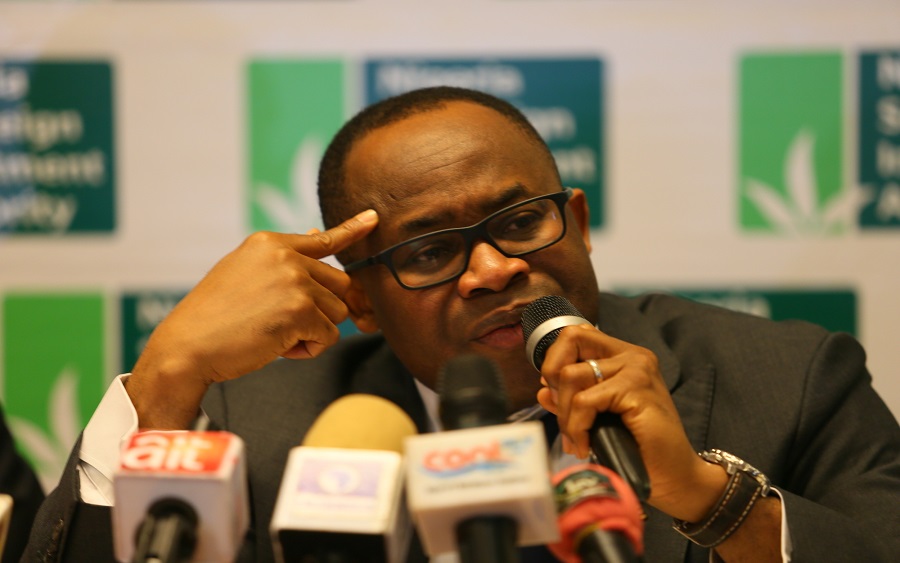






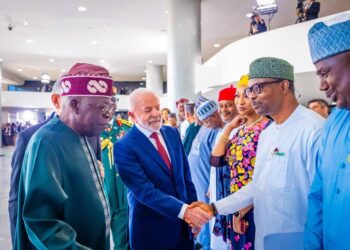

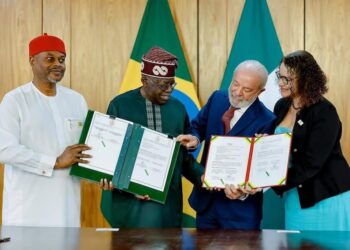

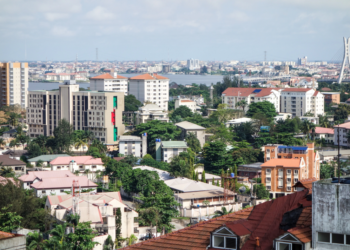
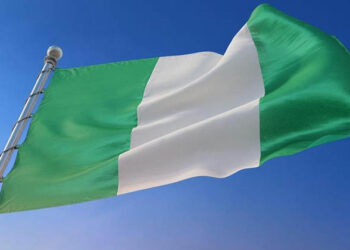











I literally, well not quite, banged my head against the wall when I saw the atrociously low oil savings for Nigeria. That is ofc, given our 40 year old stellar(world class) production levels. Essentially, a limp appendage to what should otherwise be an impressive profile under normal circumstances.
Underwhelming to say the least.
This really clears things up. And to think that for most of our history, those earnings have been privatized by a select few…very sad.
Btw, interesting take on infrastructural devt. Market driven and out of the hands of just our characteristically hesitant govt authorities. Great read !